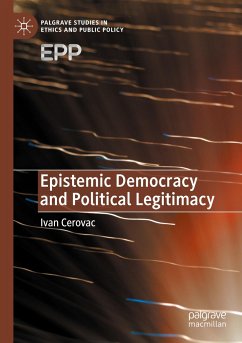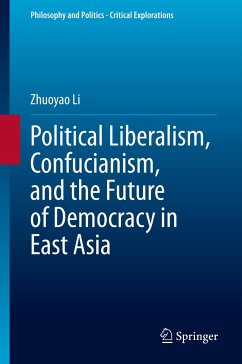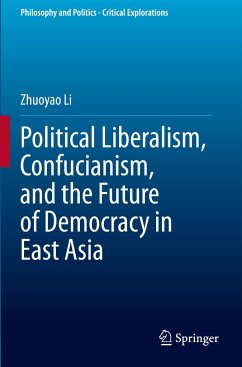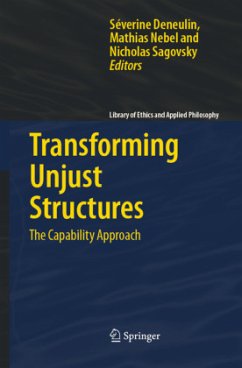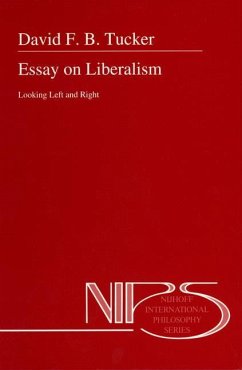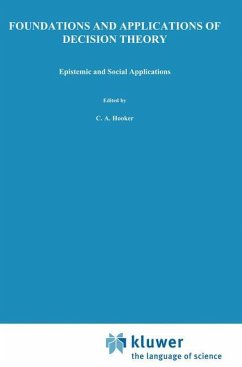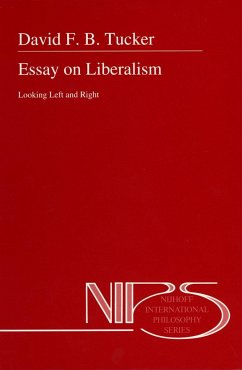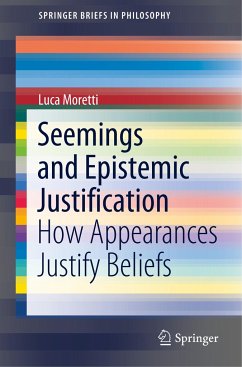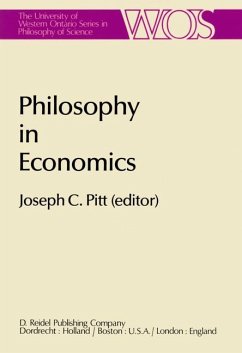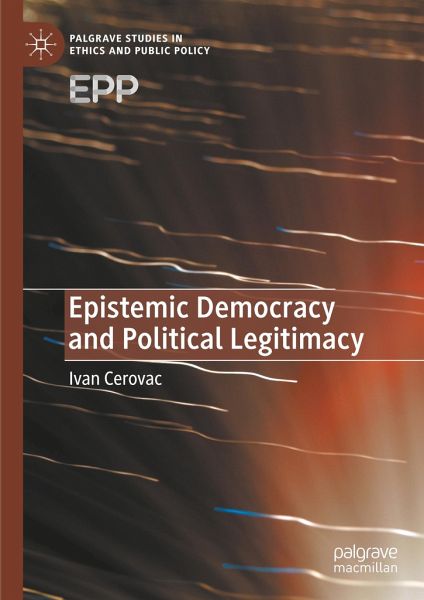
Epistemic Democracy and Political Legitimacy
Versandkostenfrei!
Versandfertig in 6-10 Tagen
38,99 €
inkl. MwSt.
Weitere Ausgaben:

PAYBACK Punkte
19 °P sammeln!
This compelling new book explores whether the ability of democratic procedures to produce correct outcomes increases the legitimacy of such political decisions. Mapping and critically engaging with the main theories of epistemic democracy, it additionally evaluates arguments for different democratic decision-making procedures related to aggregative and deliberative democracy.Addressing both positions that are too epistemic, such as Epistrocracy and Scholocracy, as well as those that are not epistemic enough, such as Pure Epistemic Proceduralism and Pragmatist Deliberative Democracy, Cerovac bu...
This compelling new book explores whether the ability of democratic procedures to produce correct outcomes increases the legitimacy of such political decisions. Mapping and critically engaging with the main theories of epistemic democracy, it additionally evaluates arguments for different democratic decision-making procedures related to aggregative and deliberative democracy.
Addressing both positions that are too epistemic, such as Epistrocracy and Scholocracy, as well as those that are not epistemic enough, such as Pure Epistemic Proceduralism and Pragmatist Deliberative Democracy, Cerovac builds an innovative structure that can be used to bring order to numerous accounts of epistemic democracy. Introducing an appropriate account of epistemic democracy, Cerovac proceeds to analyse whether such epistemic value is better achieved through aggregative or deliberative procedures.
Drawing particularly on the work of David Estlund, and including a discussion on the implementation of the epistemic ideal to real world politics, this is a fascinating read for all those interested in democratic decision-making.
Addressing both positions that are too epistemic, such as Epistrocracy and Scholocracy, as well as those that are not epistemic enough, such as Pure Epistemic Proceduralism and Pragmatist Deliberative Democracy, Cerovac builds an innovative structure that can be used to bring order to numerous accounts of epistemic democracy. Introducing an appropriate account of epistemic democracy, Cerovac proceeds to analyse whether such epistemic value is better achieved through aggregative or deliberative procedures.
Drawing particularly on the work of David Estlund, and including a discussion on the implementation of the epistemic ideal to real world politics, this is a fascinating read for all those interested in democratic decision-making.





